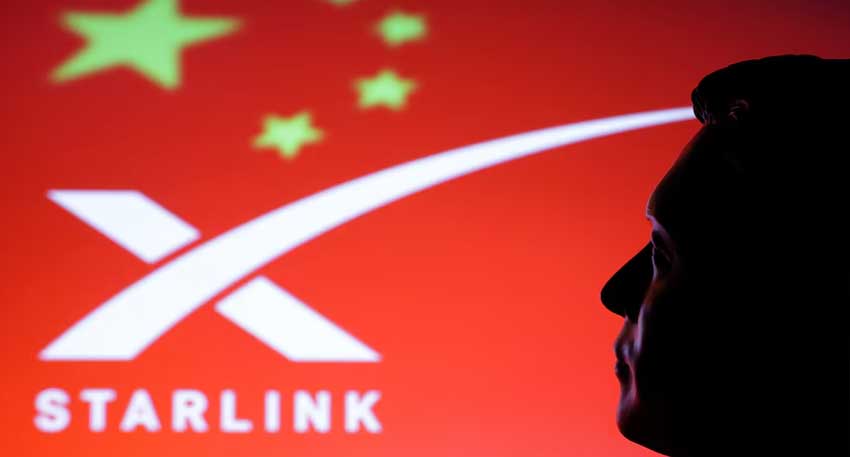
This competition includes a Chinese state-backed competitor and another service funded by Amazon founder Jeff Bezos, Reuters reported.
Shanghai-based SpaceSail in November signed an agreement to enter Brazil and announced it was in talks with over 30 countries. Two months later, it began work in Kazakhstan, according to the Kazakh embassy in Beijing.
Separately, Brasília is in talks with Bezos s Project Kuiper internet service and Canada s Telesat, according to a Brazilian official involved in the negotiations, who spoke on condition of anonymity to freely discuss ongoing talks.
Starlink has since 2020 launched more satellites into low-Earth orbit (LEO) - an altitude of less than 2,000 km, than all its competitors combined. Satellites operating at such low altitudes transmit data extremely efficiently, providing high-speed internet for remote communities, seafaring vessels and militaries at war.
Musk s primacy in space is seen as a threat by Beijing, which is both investing heavily in rivals and funding military research into tools that track satellite constellations, according to Chinese corporate filings and academic papers whose details have not been previously reported.
China launched a record 263 LEO satellites last year, according to data from astrophysicist Jonathan McDowell analyzed by tech consultancy Analysys Mason.
This graphic compares annual launches of LEO satellites by Russia (previously USSR), USA, China, Europe, and others up until 2024
The emergence of competition to Starlink has been welcomed by Brazil s government, which wants high-speed internet for communities in far-flung areas but has previously faced off with Musk over commerce and politics.
Researchers at the University of Hong Kong have built a drone that can easily navigate uncharted territory using AI.
SpaceSail declined to comment when presented with Reuters questions about its expansion plans.
Kuiper, Telesat, Starlink and Brazil s communications ministry did not respond to requests for comment.
Few of Musk s international rivals have the same ambition as SpaceSail, which is controlled by the Shanghai municipal government. It has announced plans to deploy 648 LEO satellites this year and as many as 15,000 by 2030; Starlink currently has about 7,000 satellites, according to McDowell, and has set itself a target of operating 42,000 by the end of the decade.
"The endgame is to occupy as many orbital slots as possible," said Chaitanya Giri, a space technology expert at India s Observer Research Foundation.
China s rush to occupy more of lower-Earth orbit has raised concerns among Western policymakers, who worry that it could extend the reach of Beijing s internet censorship regime. Researchers at the American Foreign Policy Council think-tank said in a February paper that Washington should increase cooperation with Global South nations if it wanted to "seriously contest China s growing foray into digital dominance."
China s commerce ministry and telecoms regulator did not respond to requests for comment. China s foreign ministry said in response to Reuters questions that while it was not aware of the specifics surrounding SpaceSail and Chinese LEO satellites expanding overseas, Beijing pursues space cooperation with other countries for the benefit of their peoples.




